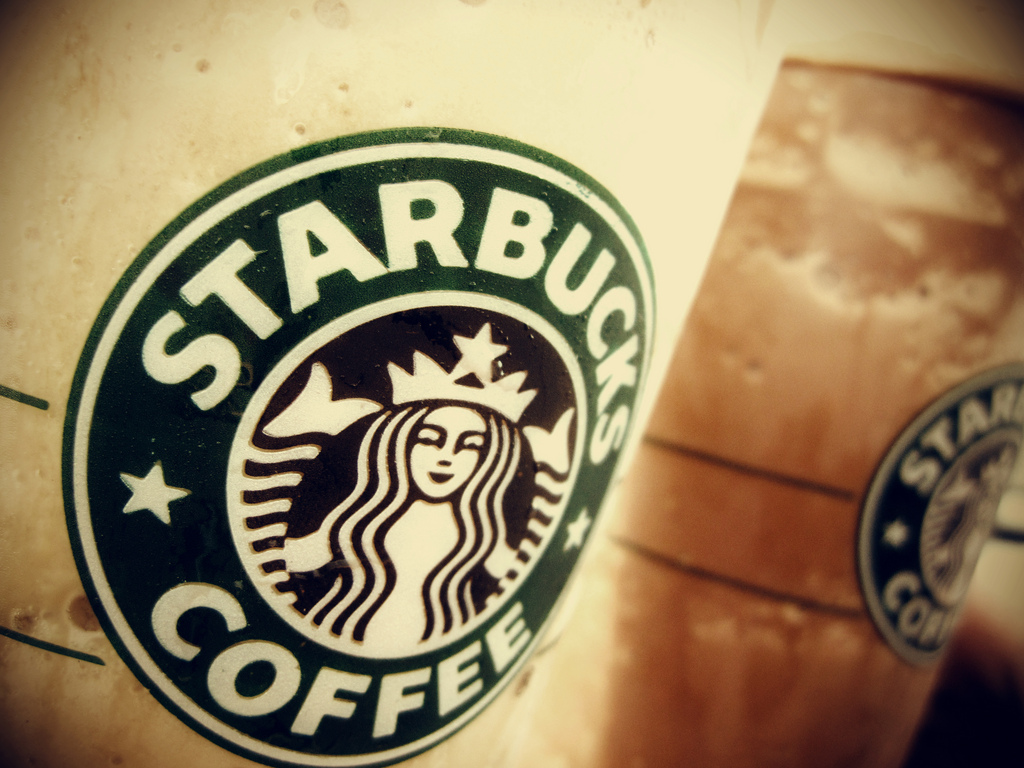Western brands take big financial hit in Muslim countries from boycotts over their ties to Israel
Several major Western food brands have been noting significant financial losses in Muslim countries in the wake of ongoing boycotts against companies that do business with Israel.
Many consumers in countries such as Saudi Arabia, Egypt, Pakistan and Indonesia have been boycotting firms that they believe are supporting Israel as it commits genocide against the Palestinian people in Gaza. McDonald’s, Pepsi, Coca-Cola, Pizza Hut, Starbucks and snack maker Mondelez are just some of the brands that have been hit by what has been described as one of the most widespread boycotts in recent memory.
Americana Restaurants, which operates Krispy Kreme, KFC and Pizza Hut outlets in Kazakhstan and West Asia, has been taken aback by the response, with Chief Executive Amarpal Sandhu noting in a recent earnings call: “This event is unprecedented. The length of this conflict is unprecedented. The intensity is unprecedented.”
Although many multinational corporations can simply absorb the costs of the sales hit created by organized boycotts, franchise operators are struggling. The owner of Americana Restaurants, investor Mohamed Alabbar, admitted their second-quarter profits were 40% lower than the same period last year, even though they opened 81 new restaurants this year.
Mondelez CEO Luca Zaramella said that the boycotts had stunted sales growth in the Middle East during the second quarter by 2%, while beauty product maker L’Oréal experienced a similar 2% slowdown. However, many other multinationals are unwilling to discuss the issue on the record and choose to instead refer to it as geopolitical tensions in an attempt to distance themselves from being viewed as taking a particular stance on a divisive issue.
Analysts say that many of these companies believe it is best not to draw too much attention to the boycotts. Revealing how it has impacted them may even potentially inspire further action against the brand.
Coca-Cola, Starbucks, McDonald’s taking a hit
Coca-Cola has faced significant backlash in places like Pakistan, whose government vowed to form a committee to identify the products of companies who are supporting Israel either “directly or indirectly” and boycott them.
The Pakistani bottler of Coca-Cola, Icecek, said their sales volumes dropped by nearly 25% year over year during the first three months of this year, although they attributed this to the carefully worded “macroeconomic headwinds” rather than referring to Gaza explicitly.
However, the head of the bottler, Karim Yahi, admitted that “with our geography?.?.?.?there are sensitivities and there are pressures because of the war in the Middle East.”
Some stores in Pakistan have replaced Coca-Cola products altogether, selling local alternatives instead. Those who continue selling the brand are reporting harassment.
Coffee chain Starbucks is also feeling the hit, with a local Malaysian operator reporting their second quarterly loss in a row as a result of boycotts, with revenue dropping 48%. A Starbucks in southeastern Turkey was attacked by a mob this week after the assassination of Hamas leader Ismail Haniyeh.
Meanwhile, Starbucks in Indonesia has gone out of its way to reassure customers it has no ties to what is happening in the Middle East, with some stores in the capital, Jakarta, posting signs on their doors setting the record straight.
“Starbucks has no political agenda. We do not use our profit to fund any government or military operations. Neither Starbucks nor Howard Schultz financially supports Israel in any way,” the message explains.
Last month, McDonald’s reported a decline in its global sales for the first time since the pandemic, with net profit dropping 12% compared to the same time last year, while Starbucks has seen a drop in worldwide sales of 7% and a decline in total international profits of 23%.
These statistics make it clear that many people around the world are going out of their way to express their opposition to Israel’s genocide in Gaza in whatever way they can.
Sources for this article include:
TheCradle.co
FT.com
Read full article here


